- News
- Collective action in the face of climate change
The latest report released at the end of February 2022 by the Intergovernmental Panel on Climate Change (IPCC) focuses on the impacts of global heating and our adaptation to the changes this is creating. The report reveals stark findings collated by scientists and researchers on the impact of rising global temperatures.
The sixth IPCC report outlines the increased risks to the planet and its people if the warming continues, including rising sea levels and species extinction. It also highlights the need for adaptation, but warns our ability to adapt to the effects of climate change has its limits and that the window of opportunity to act is rapidly closing.
A final warning on climate change
Many are viewing the content of this report as a final warning on the dangers of inaction in the face of rising global temperatures. However, the report makes it clear that immediate action to meet the UN targets of global net-zero is essential to avoid the worst-case scenarios.
IPCC Working Group Co-Chair Debra Robert spoke of the importance of local knowledge and action to deliver future sustainability.
“By bringing together scientific and technological know-how as well as Indigenous and local knowledge, solutions will be more effective.
Debra Robert, IPCC Co-Chair
But cities also provide opportunities for climate action – green buildings, reliable supplies of clean water and renewable energy, and sustainable transport systems that connect urban and rural areas can all lead to a more inclusive, fairer society.
It’s exactly this kind of local, collective action that is being explored by the Project LEO Smart and Fair Neighbourhood trials, looking at the ways communities can play a part in the clean energy transitions and what the social, technical and financial requirements will be.
Collective local action in Oxfordshire
One of the key objectives of the Project LEO trials is to inform the renewable energy systems of the future, allowing us to accelerate our progress towards net zero and a more decentralised energy system. However, as Debra Roberts stresses, it is also important to ensure an equitable transition. While the message is clear that changes as part of this shift are essential, it is vital they don’t generate unfairness in how the distribution of costs are spread in the new system and do not leave people behind.
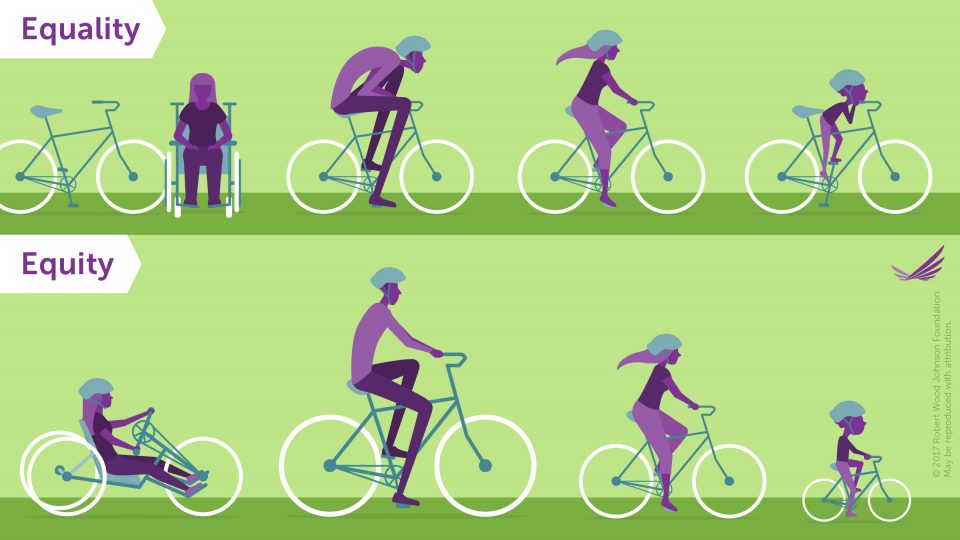
Our place-based trials or Smart and Fair Neighbourhood (SFN) trials aim to demonstrate how communities can work collectively to create a smart and flexible clean energy system fit for our net-zero future while identifying who can benefit from the new opportunities arising from the changing energy system, and who will bear the cost. The SFN trials will help us to understand what constitutes equity in an energy context, and how to achieve it.
We are already running six SFN trials, working with local Oxfordshire communities to test smart technology, market mechanisms and social innovation in the energy service offerings to create flexible systems that can provide financial, environmental and community benefits. Below is a brief overview of our SFN trials and what we’re trying to achieve with each.
Growing communities sustainably
The Eynsham Smart and Fair Futures trial is aiming to develop a Zero Carbon Energy Action Plan for the Eynsham primary substation area as well as develop plans for its long-term governance structure for the growing community.
New housing and business developments in the Eynsham area will see more than 3,000 new properties created and the aim is for these to be completely fossil fuel-free. The new builds will be monitored for energy usage and created to be as energy-efficient as they can be. Alongside this, there will be on-site renewable energy generation and investment into offsite renewable projects.
This ongoing and ambitious trial will help us learn about many aspects of how new developments can be created in line with local ambition to develop zero-carbon energy plans and how we can bridge the gap between current ‘Business as Usual’ planning and housing models and future models needed to meet the Climate Emergency.
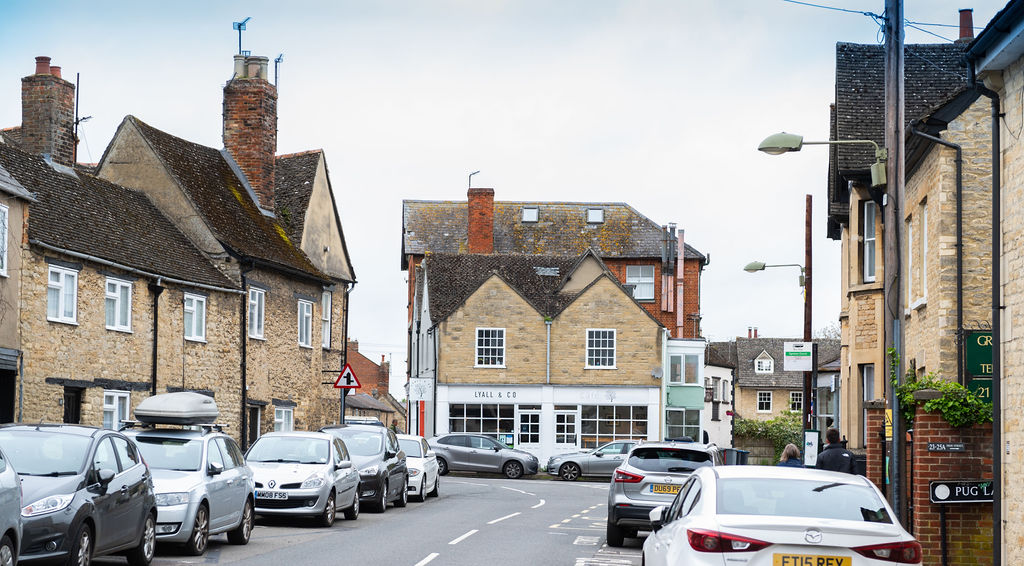
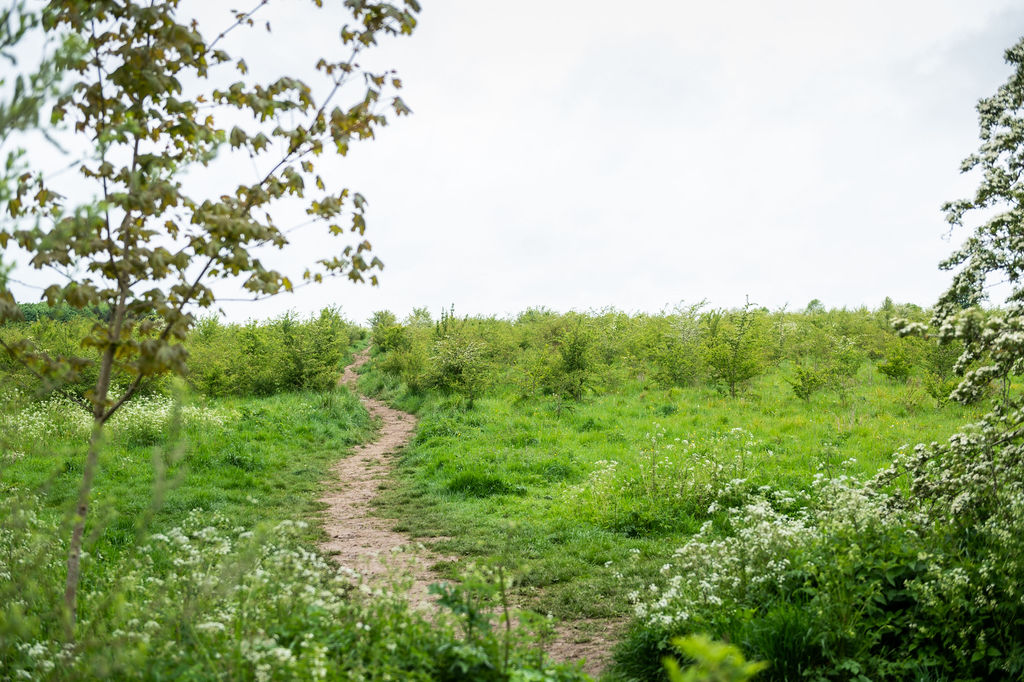
Assessing opportunities in rural areas
The Deddington and Duns Tew Smart and Fair Neighbourhood is a trial aiming to understand how we can overcome the particular challenges presented by rural communities to enable a zero carbon future.
The village of Deddington in Oxfordshire is partially off the gas grid and the smaller community of Duns Tew is completely off the network. Our SFN trials in both areas are looking at three key strands.
Firstly, we’ll be aiming to install heat pumps in properties – to decarbonise the homes’ heating systems and look at how these could potentially provide flexibility services to the grid.
Secondly, we will be looking at the particular constraints of planning in conservation areas that will affect the implementation of low-carbon technologies and energy efficiency improvements.
Finally, we’ll look at developing material to support the above elements – helping local people understand and make the most of the low-carbon upgrades.
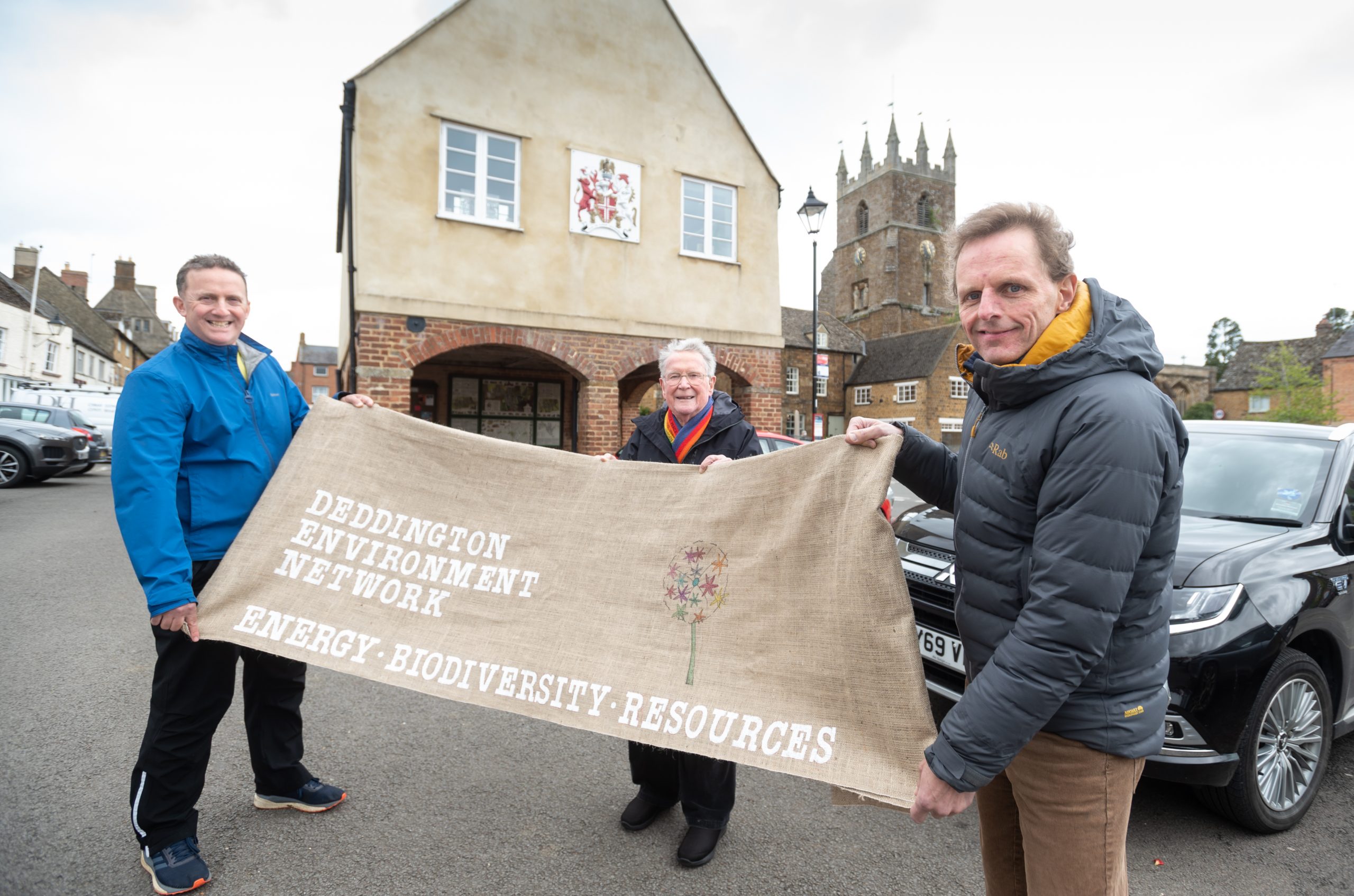
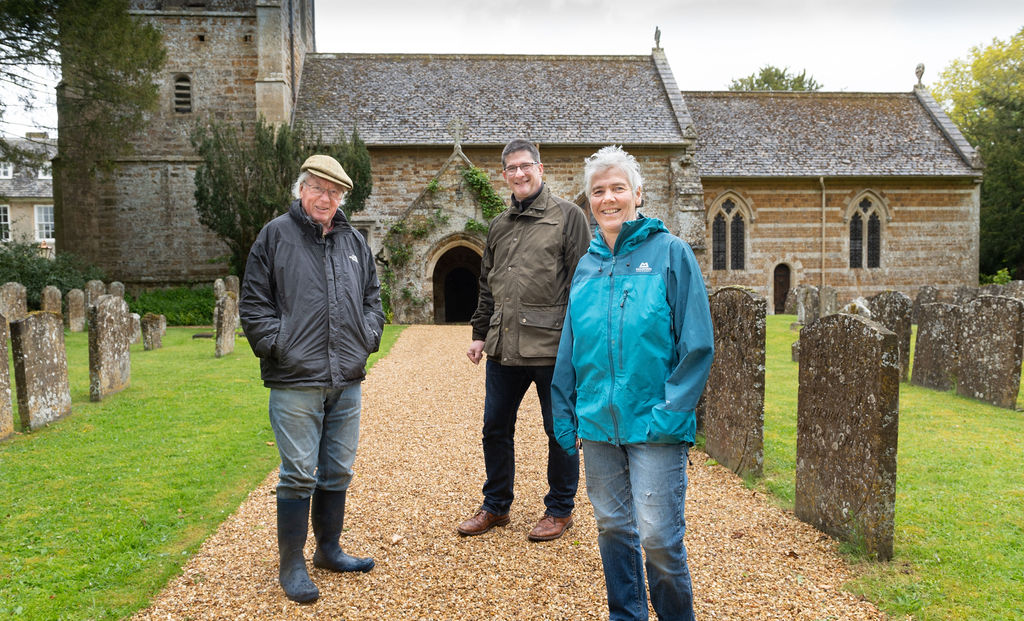
A local solution to EV transition
The Osney Island SFN Trials, known as Osney Supercharge, will look at how locally generated renewable energy can be used to provide flexibility services to the grid while increasing local adaptation of sustainable transport.
Osney Island is a small Oxfordshire neighbourhood with its own community-owned hydro scheme (Osney Lock) and a range of solar installations that are already generating clean, community-owned energy. This trial is looking at how to better optimise the energy generated by the hydro for local use, in particular, to aid the transition to EVs.
The trials are also looking at how homeowners and businesses on the island can generate and store their own electricity to help reduce demand on the local electricity network. Members of the local community are installing solar PV panels, along with batteries to store the clean electricity these generate. The trial is capturing data on how much power each building can generate and use and then working out how this impacts the network.
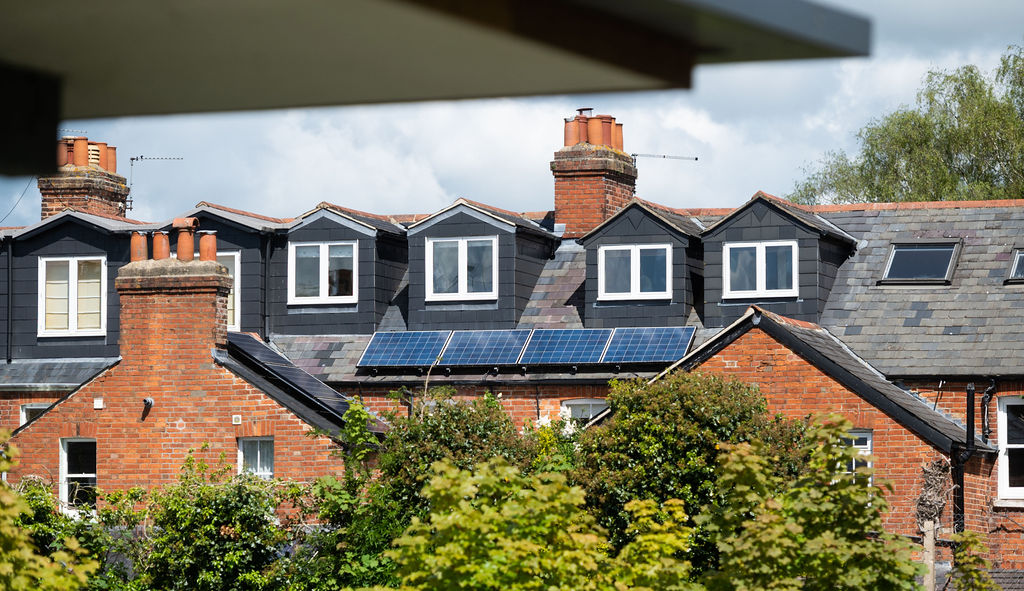
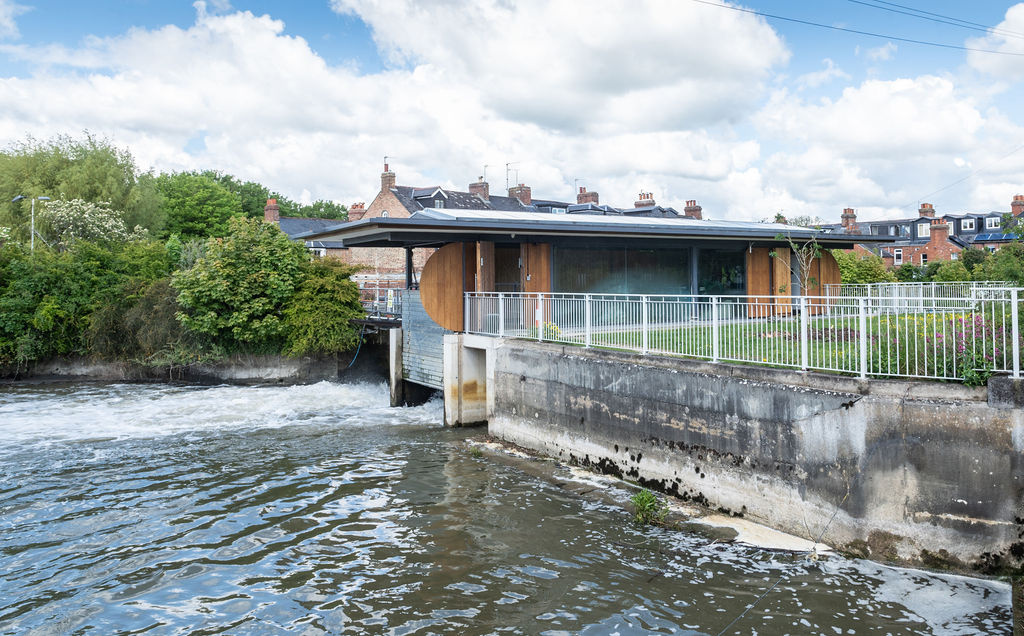
Leaving no-one behind for our zero carbon future
The Rose Hill SFN trials are looking at ways that a community with areas of deprivation can make progress towards becoming net zero carbon estate, in a way that is fair, inclusive, and equitable.
Rose Hill is a diverse, residential community in Oxfordshire that includes areas that are in the most 20% deprived nationally, making it an ideal location to look at how a smart and clean energy transition can also be wholly equitable. The area has a range of renewable energy assets, including solar PV installations and battery storage.
The trials aim to understand the potential for flexibility services to help a community such as Rose Hill can ensure an inclusive shift towards a smart energy future that leaves no one behind. We’re also conducting tests to gauge the role changes in domestic energy demand may be able to play in the bigger picture of the local energy system.
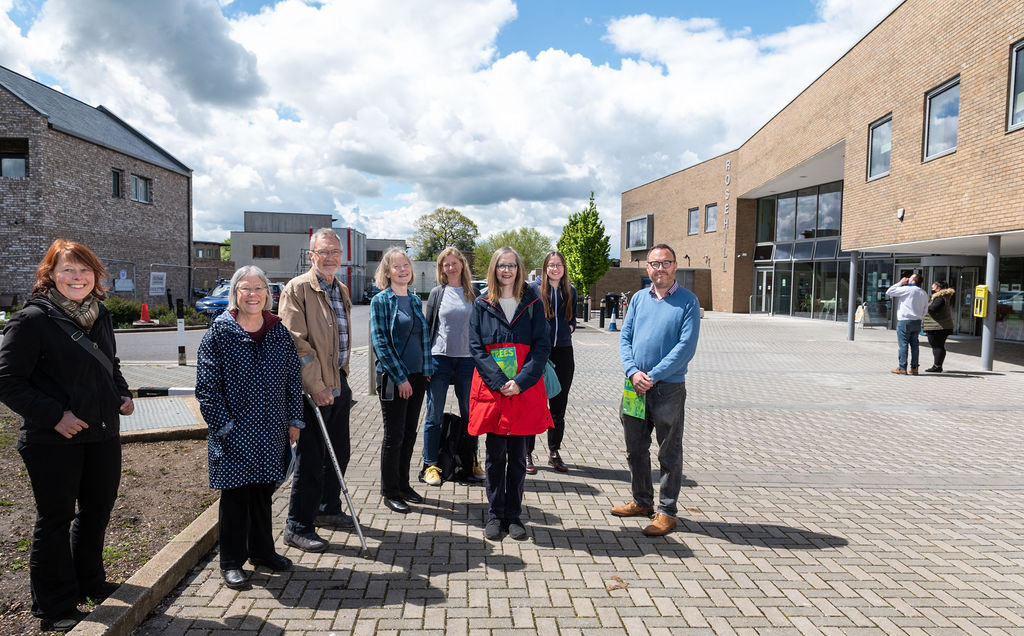
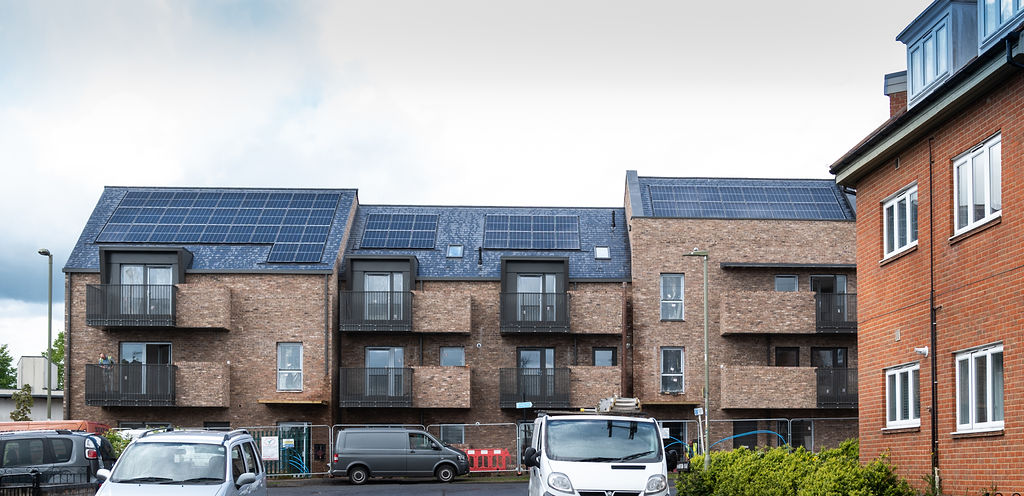
Collective action for the benefit of all
The Westmill SFN trials aim to understand how neighbouring renewable energy co-operatives can work together to not only generate renewable energy, but shape how it is used and to shape how it is used and inspect the user/energy system relationship in order to reap the benefits for local communities.
‘The Westmills’ are made up of Westmill Solar, and Wind Co-ops, Westmill Sustainable Energy Trust and a Smart Grid CIC. Between them, they facilitate community benefit funding, educational work, local energy conservation and renewable energy initiatives and a storage facility development.
The trials are in early stages, but essentially they aim to learn how these co-ops and assets can work together to create a local, low-carbon energy system for the future, looking at ways the solar and wind generation can link with the battery storage facility to provide flexibility services to the grid.
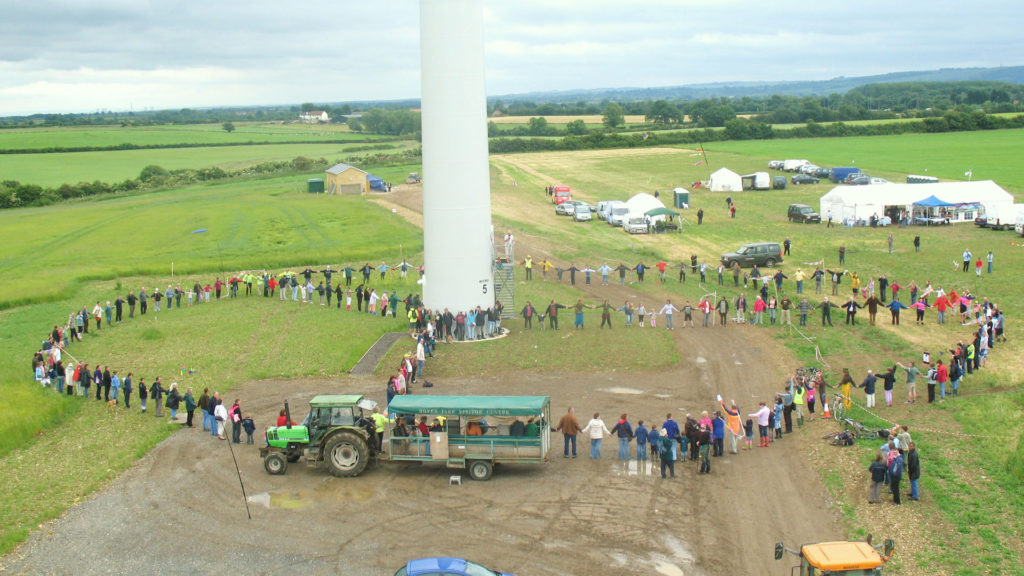
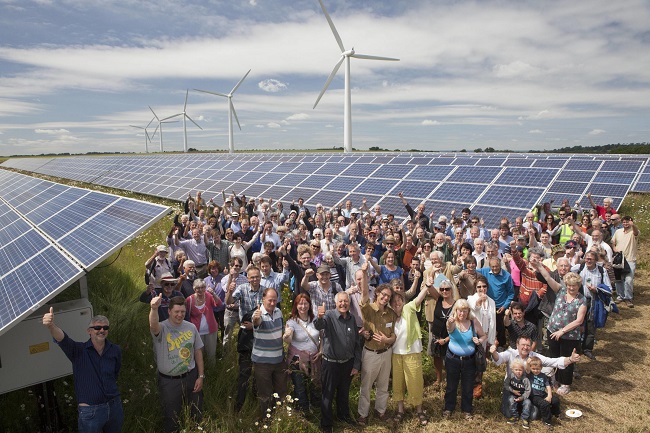
Informing smart, zero-carbon developments of the future
The newest of our place-based trials is at Springfield Meadows where we are hoping to empower homeowners in this new zero carbon housing development to export as much electricity as possible while reaping the rewards.
Springfield Meadows is an award-winning, climate-positive development of 25 homes in Oxfordshire designed and built by Greencore Construction that are not only energy-efficient, but that will benefit from large solar PV arrays generating clean electricity. As it is expected that this development will, over time, generate more electricity than it will consume, we want to explore the ways the development can provide flexibility services to the grid, and look at smart alternatives to installing additional infrastructure to cope with this. The findings will help inform future climate positive housing developments.
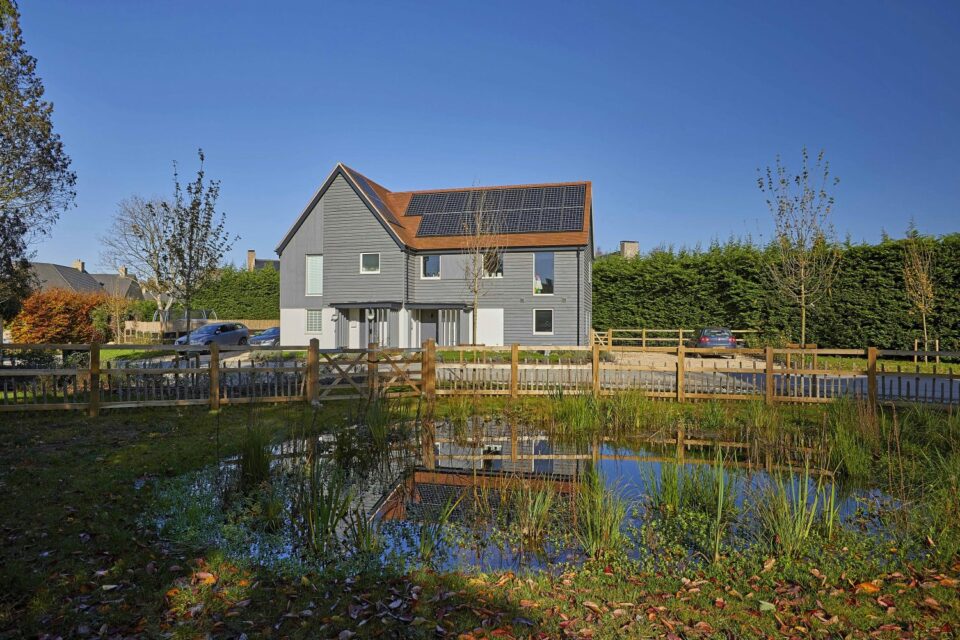
Watch this space…
All of these exciting trials are already underway and we are working with a range of project partners as well as local communities around Oxfordshire to investigate our options for a transition to a zero carbon energy and transport system. The findings will not only help us to move these projects forward but will be able to be replicated across the UK to help more projects to be delivered successfully.
We look forward to sharing the results of the trials as they come in and we assess their meaning.